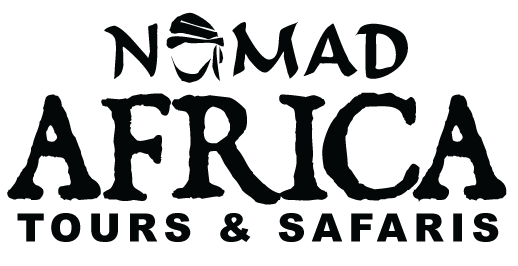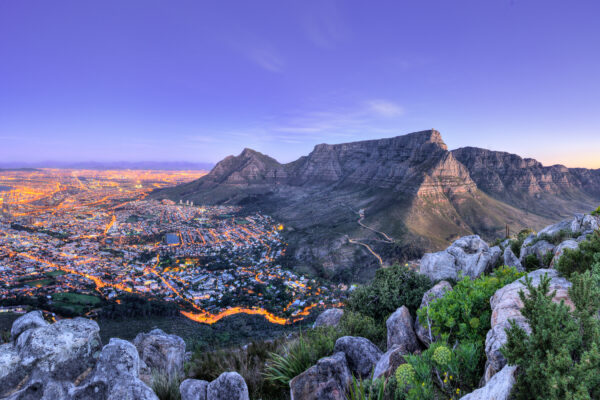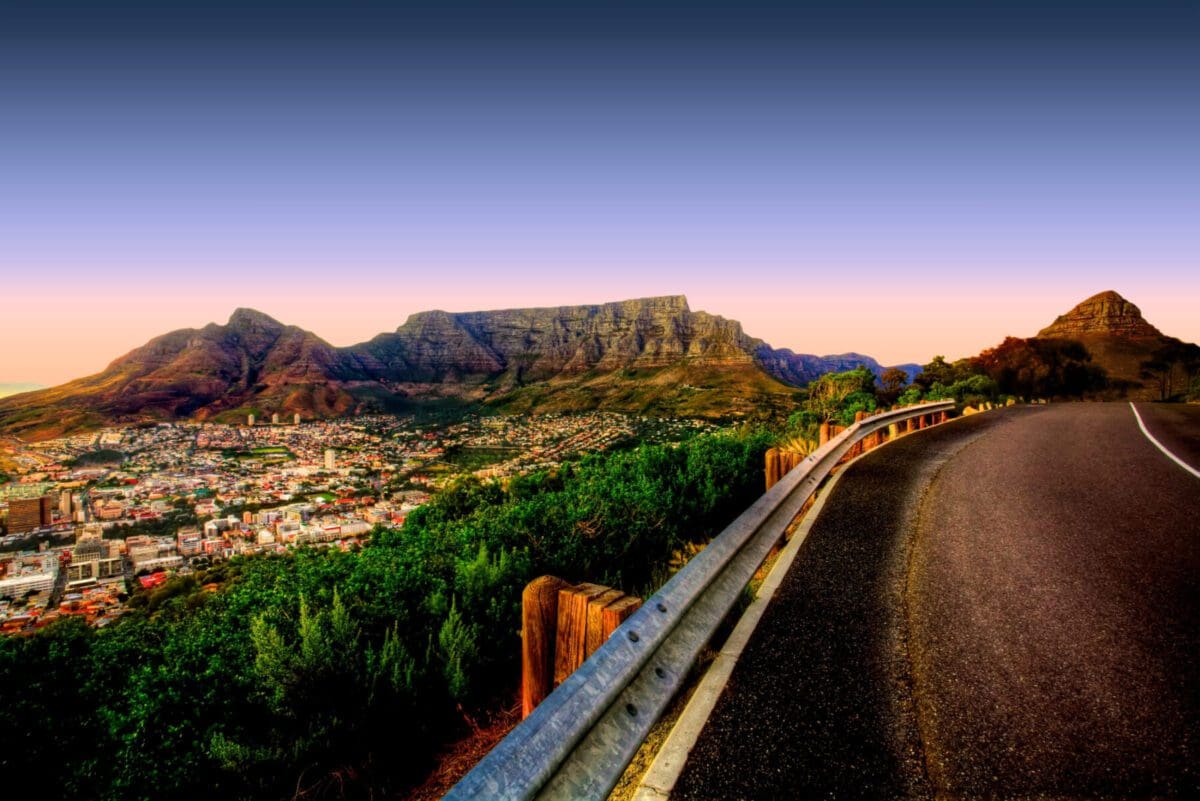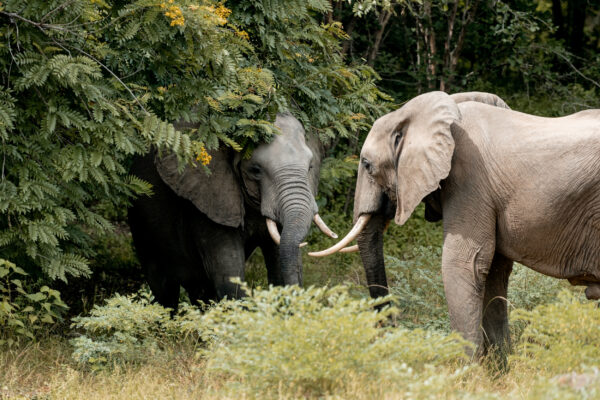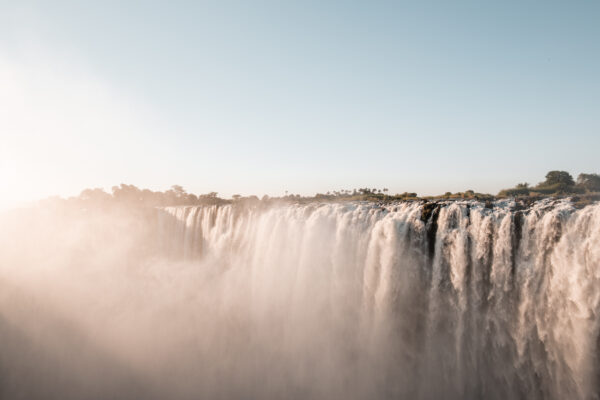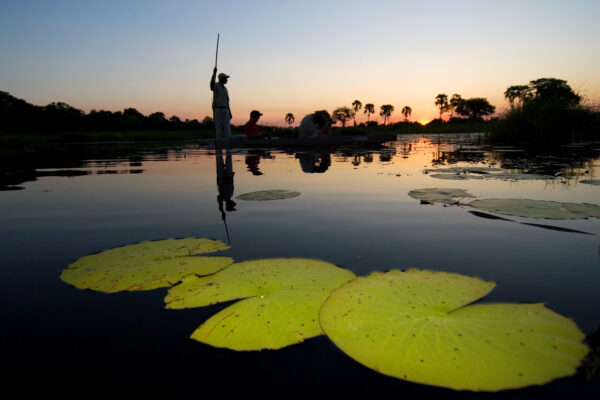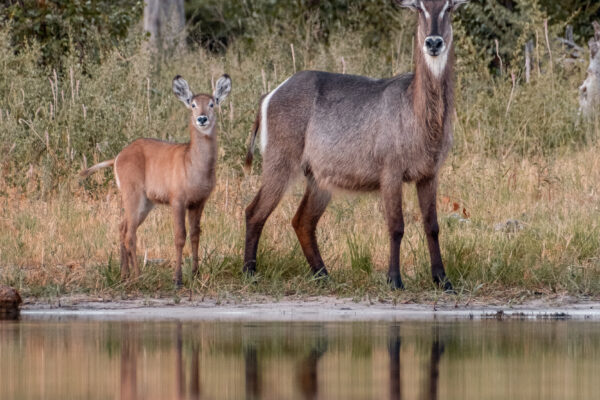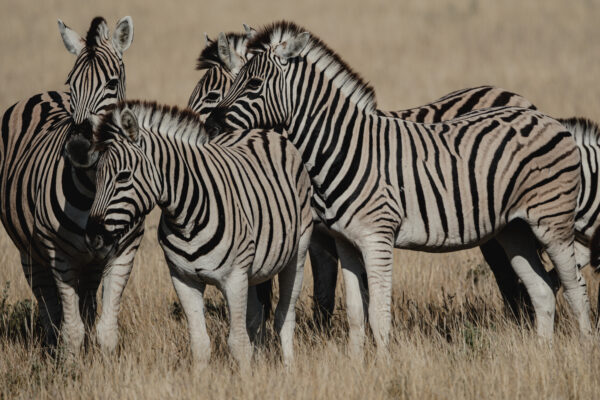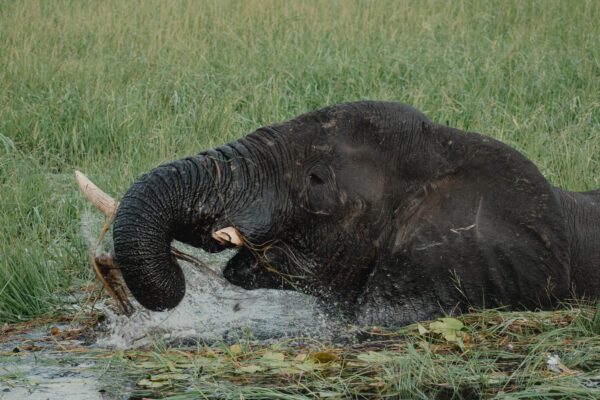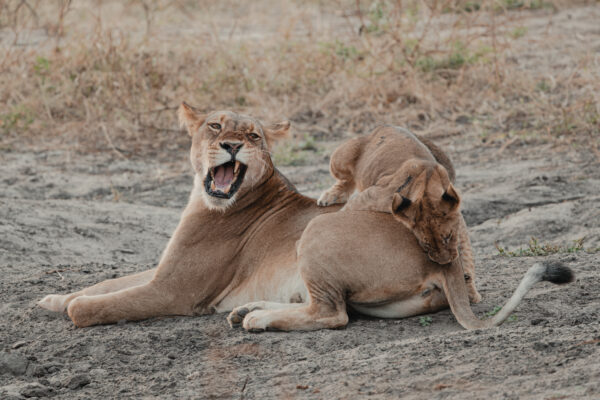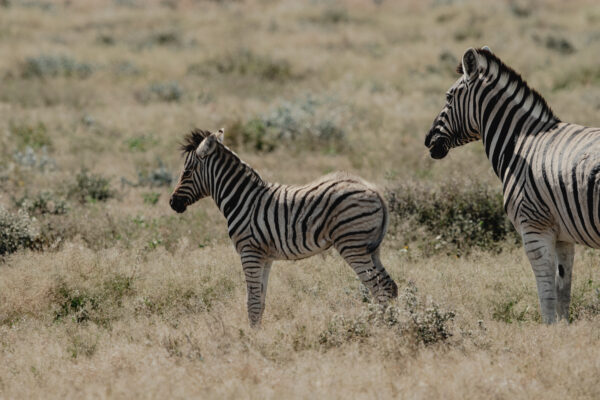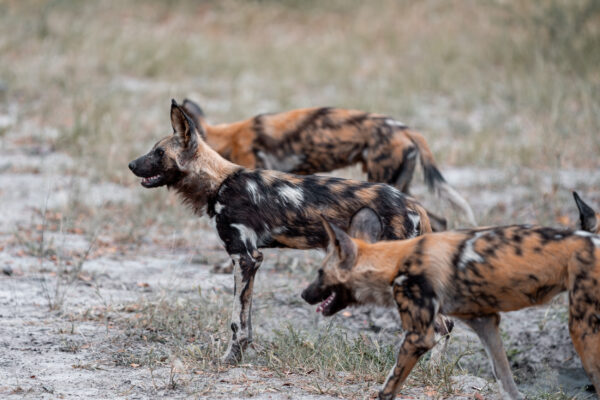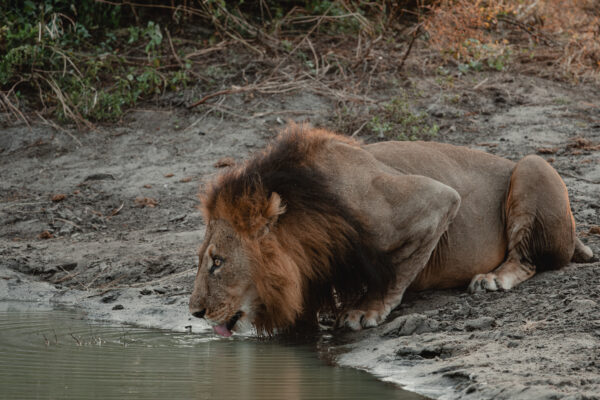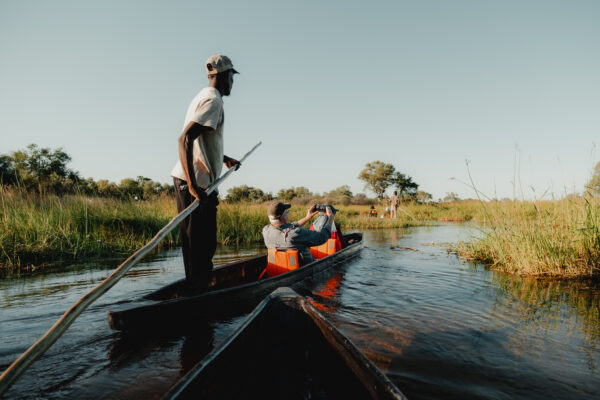ZIMBABWE
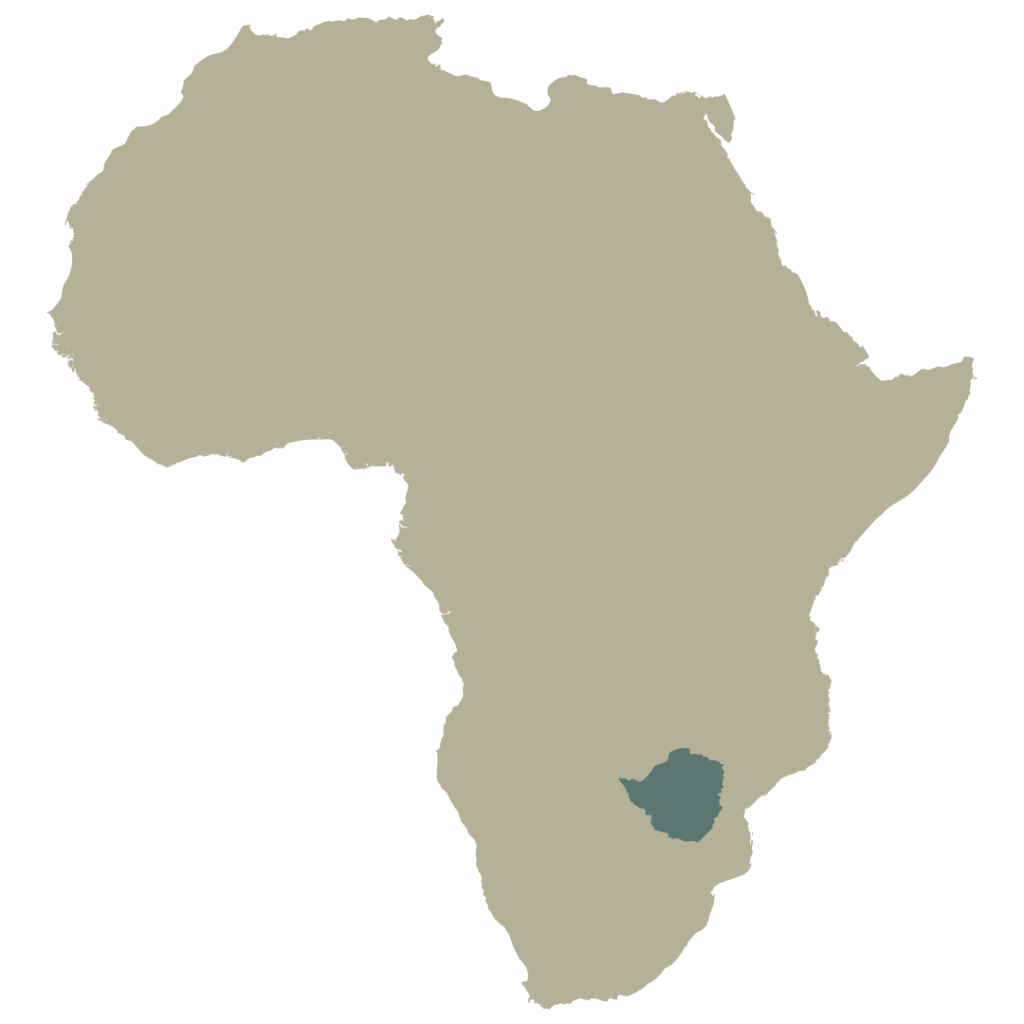
Zimbabwe, a stunning landlocked nation in Southern Africa, boasts breathtaking landscapes, the majestic Victoria Falls, and the scenic Zambezi River. Despite economic challenges, it offers abundant attractions and activities, showcasing its natural beauty and rich adventure opportunities.

Zimbabwe, formerly known as Rhodesia during its colonial era, has long captivated explorers and adventurers. Cecil Rhodes played a key role in constructing the country’s first railway line, a vital link that stretches across the African continent. Renowned explorer David Livingstone was among the first Europeans to witness the thunderous roar and misty spray of Victoria Falls, the world’s largest natural waterfall, which he named in honor of Queen Victoria.
Zimbabwe is home to several iconic attractions. Hwange National Park, one of Africa’s premier wildlife reserves, offers exceptional opportunities to observe diverse fauna, including large elephant herds. The Matobo Hills, with their striking granite rock formations, are a UNESCO World Heritage Site and a cultural treasure. Just an hour from Bulawayo, visitors can explore the Great Zimbabwe Ruins, remnants of a once-mighty civilization that reveal the country’s rich history and architectural ingenuity.
Achieving independence in 1980, Zimbabwe has faced persistent challenges, including economic instability and political uncertainty. However, its natural beauty, cultural heritage, and unique experiences continue to attract thousands of visitors each year. From the awe-inspiring Victoria Falls and the serenity of the Zambezi River to its remarkable wildlife and ancient ruins, Zimbabwe remains a destination of wonder and adventure. Despite its struggles, the country stands as a testament to resilience, offering travelers unforgettable journeys into its landscapes, history, and vibrant spirit.
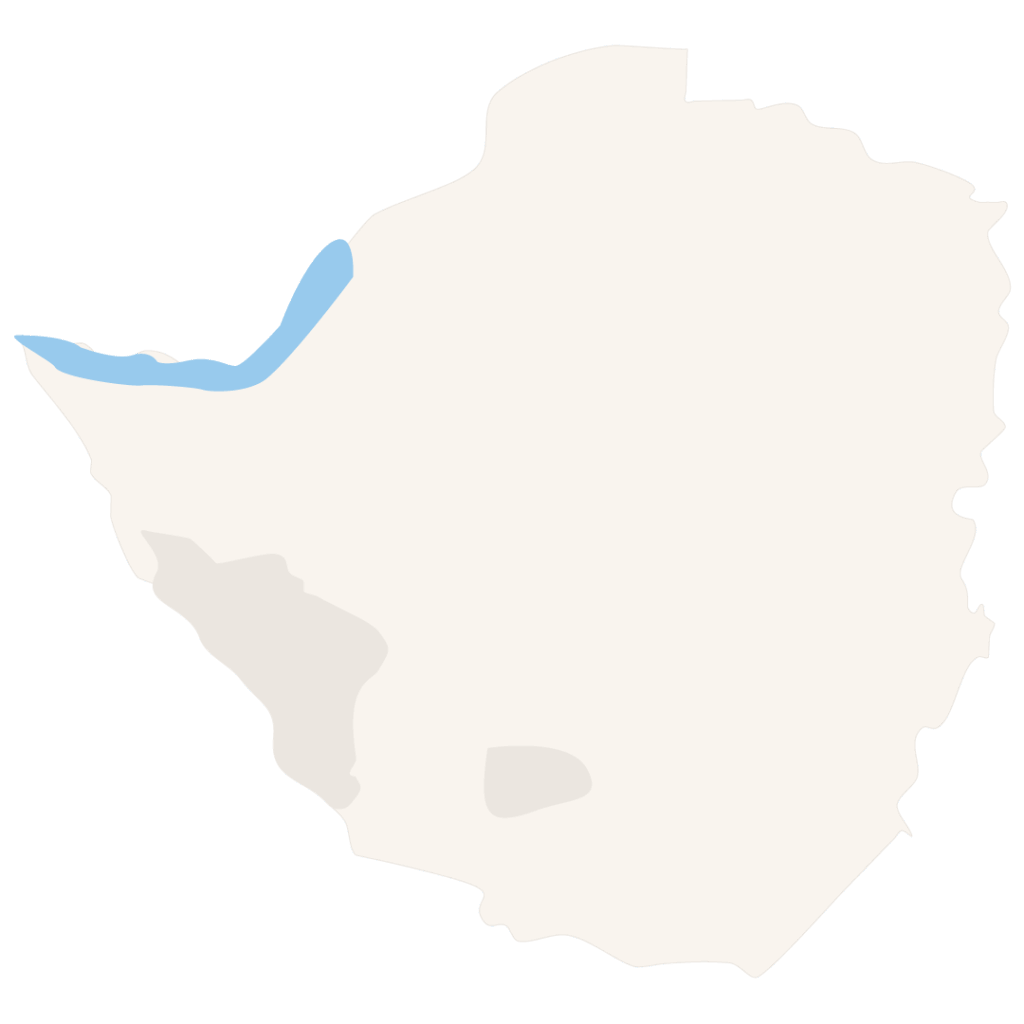
Victoria Falls, one of the Seven Natural Wonders of the World, straddles the border between Zimbabwe and Zambia, offering breathtaking views and exhilarating experiences from both sides. Locally known as Mosi-oa-Tunya—“The Smoke That Thunders”—the falls stretch over 1.7 kilometers (1 mile) and plunge 108 meters (354 feet) into the Batoka Gorge, creating an unforgettable spectacle of mist and sound.Click to learn more...
Kenya is a land of sweeping savannas, thrilling safaris, and breathtaking beauty. From the iconic Masai Mara’s wildebeest migration to the rugged peaks of Mount Kenya and the white-sand beaches of the Indian Ocean, it’s a country of contrasts and wonder. Home to diverse cultures, abundant wildlife, and welcoming people, Kenya offers unforgettable game drives, rich traditions, and scenery that stirs the soul—making it a must-visit for every African adventure seeker. Click to learn more...
Kenya is a land of sweeping savannas, thrilling safaris, and breathtaking beauty. From the iconic Masai Mara’s wildebeest migration to the rugged peaks of Mount Kenya and the white-sand beaches of the Indian Ocean, it’s a country of contrasts and wonder. Home to diverse cultures, abundant wildlife, and welcoming people, Kenya offers unforgettable game drives, rich traditions, and scenery that stirs the soul—making it a must-visit for every African adventure seeker. Click to learn more...
Our Zimbabwe Journeys
Cape Town to Victoria Falls - Comfort - 2026
Etosha, Delta & Chobe Trail South - 2026
Vic Falls, Delta & Kruger - Comfort - 2026
Zimbabwe Quick Facts
Electrical Plug
Population
Currency
Calling Code
Yes — most travellers from Europe, the USA, and Canada do need a visa to enter Zimbabwe.
You can obtain a Visa on Arrival at major airports and land borders, or apply online for an e-Visa at www.evisa.gov.zw.
For multi-country travel, the KAZA Univisa is a great option — it allows multiple entries between Zimbabwe and Zambia, and day trips into Botswana (Kasane) for 30 days. It’s available at select ports of entry like Victoria Falls and Harare Airport.
No vaccines are required for entry if you’re coming from Europe or North America. However, a Yellow Fever certificate is required if you’re arriving from or transiting through a Yellow Fever–risk country.
Recommended (but not mandatory) vaccinations include Hepatitis A, Typhoid, Tetanus, and Rabies for extended rural stays. Malaria is present, especially in the Zambezi Valley and Victoria Falls area — speak to your doctor about anti-malarial medication.
In urban centres and major lodges, tap water is usually treated — but it’s not advised to drink it.
Stick to bottled or filtered water, which is widely available and provided by most accommodations. Use bottled water for brushing teeth and avoid ice unless you’re confident it’s from a clean source.
Yes — Wi-Fi is available at most hotels, lodges, and cafes in Harare, Bulawayo, and tourist areas like Victoria Falls.
However, speeds can be slow or inconsistent, especially in rural areas. Some safari lodges may have limited or no access, so prepare for offline periods while enjoying nature.
Yes — Visa and MasterCard are accepted in many hotels, restaurants, and larger tourist establishments.
However, due to economic fluctuations and connectivity issues, card systems can be unreliable, especially in rural or remote areas. It’s strongly recommended to carry USD cash for purchases, tips, and entry fees. ATMs may have limits or be out of service, so bring enough cash for your stay.
Yes — Zimbabwe has mobile coverage in most towns and cities, and limited signal in remote or safari areas.
You can purchase a local SIM card (such as from Econet or NetOne) with your passport. Data packages are affordable and useful for navigating or messaging. Roaming is available, but local SIMs offer much better value.
